When I was a tween in the early aughts, I used to get so excited about the internet. I'd start up my windows 95 hunk of junk, listen to the mechanical gore of a cable modem—and then miraculously—I was connected to the planet. I could share my art, make friends all over the world, and learn anything I wanted from the comfort of my parents' bedroom. It's not a stretch to say I was raised by the internet, but it was also a very different internet than the one we use today.
Back then, SEO was still in its infancy, which meant you had to dig deep to find what you were looking for with AskJeeves. Research was tough and Wikipedia was just getting started. We didn't even have Reddit until I was fresh out of high school, which meant solving obscure computer problems by myself. Wild, right?
For social media, we had LiveJournal, DeadJournal, MySpace, and more, plus the inklings of Facebook. It wasn't strange to vent about your life under your name back then, because most parents had no idea how to start a computer, let alone search online. Employers were also late to the game, which made it rare to get fired for posting about how your job sucks. Unless, of course, you added your manager on Facebook. Most of us knew better.
Instead of Discord, we had IRC, ICQ, AIM and various niche forums. IRC was where you learned how to run MMORPG private servers and dabble at hacking. ICQ was for chatting with your relatives, which is why you needed AIM. AIM was not that unlike Discord, to be honest. Niche forums were nerd hubs where elder admins mastered the Nazi Bar Problem. We lived, played and learned on a naive, ugly, very human internet. It was beautiful until it wasn't.
Up into the mid 2010s, the internet was still made for people. That's when stuff started to get weirder than the adpocalypse. In web zero, if I made a sad Facebook lyric post, I didn't then get hounded by ads all over the internet to buy CDs, for example. Our online tech just wasn't that smart.
These days, the internet tracks your every click and even augments your behavior with gamified incentives, notifications and more. Not only that, but many people now treat the internet like digital capitalism: the video game and don't even know it. The machine is that good. We're not just in late stage capitalism, my friends. We're in late stage digital capitalism and it's changing your behavior, along with the entire world.
These days, all major social media platforms are ad platforms. TikTok, for instance, is one of the worst offenders, but because it's so addictive—we just can't help ourselves. Twitter, Reddit, Instagram, Threads, LinkedIn (the list goes on) are all advertisers. There's almost no major social media site that doesn't harvest your data and then sell it to the highest bidder. Moreover, these platforms use addictive mechanics to make you easier to sell to. Worst of all? You're not just being sold shoes, my dear. You're being sold behaviors, politics, fear and media illiteracy. Social media isn't social anymore. It's mind control.
When you like a Tweet about incendiary news, why do you see more tweets exactly like it? It's not because that's all there is on Twitter. It's because your own personal version of Twitter is shoving you down an ad funnel to sell you crap. You are being steered by today's internet, when in the web zero days, we made our own choices.
What about search engines like Google? Most track your habits and follow you from Youtube to Facebook and beyond with cookies. There's even new conversational search AI built to keep you on Google's first page so you can see even more ads. That's how the internet works now: It's an ad machine that tricks you into thinking it's just customizing stuff. In reality, big tech is slowly taking away your choices and pushing you into a box it can exploit for profit. It's a trap.
If this still isn't clicking, do me a flavor: Clear your cache and cookies, open up a fresh install of a browser you don't use, import nothing, and make a new Twitter profile. Pretend to be someone you're not. Like things you wouldn't. Notice where Twitter pushes this new account compared to the other one. Weird, right? Now you know what a user persona is: It's a box that separates you from the rest of the digital world and pushes you into the loving arms of advertisers and assholes. This isn't my internet. It's not yours either. It's corporate's and you're spreadsheet data. Nothing more.
In this era of an inhuman internet, posting your art is risky. Artificial intelligence companies devour the labor of artists for profit now. Not only that, but good luck scaling the attention economy without money to boost posts or engagement hacks. Ages ago, we'd post art to thousands without an algorithmic gate to game. Every post you made was shown to everyone who followed you; simple as. It's a tragedy we lost this. It means the best artists sink while the best salesmen float.
The internet is also more dangerous now than ever before. In the old days, forum admins knew they had to run a no-Nazi tight ship, but it was easier then. There were less people online and our tech wasn't so robust. Sadly, big tech ignored the forum lessons and now robots will extort you, script kiddies will eat your credit card and Nazis get their bars. Moreover, the firehose of falsehood problem is everywhere. Bad actors run terrorist campaigns with ad accounts, fascists weaponize social media for fake culture wars, deepfakes ruin lives, quizzes do identity theft, and you never know if the person you're DMing is playing digital capitalism: the video game.
Speaking of which, making friends online is much harder today. Algorithmic silos have made reactionaries of just about everyone. Gone are the days when you could safely plop down a vulnerable vid or blog post. Now, you have to worry about a pretty hate machine and all its little cogs who have no idea they're playing GTA: social media. The internet used to bring people together. Now, it just tears us apart so the rich can make us dance the way they want.
So, now what?
What do we do about an internet that's quickly becoming unusable by people?
What exactly do we do about an internet that isn't a tool we use, but a tool power uses to use us? I don't have an answer. I mean, I do, but the answer is something many folks just can't accept: We must change our online behaviors because big tech won't do it for us.
I know. It's really unfair to ask your average person to do what the powerful refuse to: fix a problem big tech created in the first place. What's even harder is admitting that you've been exploited without knowing it. No exceptions. The right, the left, me and you and everyone has been changed by this new, inhuman internet. It wasn't always like this, you know.
People used to make the internet a beautiful place. People can do that again and it doesn't take much effort. Here's how we start fixing the internet, together:
Today, you can choose to do something very different with your time online
You can uplift charities and donate to marginalized folks instead of fighting bigots on social media like they want you to. You can retweet an indie author, artist, musician, or otherwise instead of yelling about AI art and book generators, which gives those apps traffic. You can choose to be kind (or block someone if they're McNasty) instead of fighting. You must tell the internet what you want it to be for you, and this time, make it count.
The only thing the internet listens to is your user persona. Are you happy with your digital box, or do you want something a bit more human? The choice is yours, but it is a choice you make every day. Choose wisely.
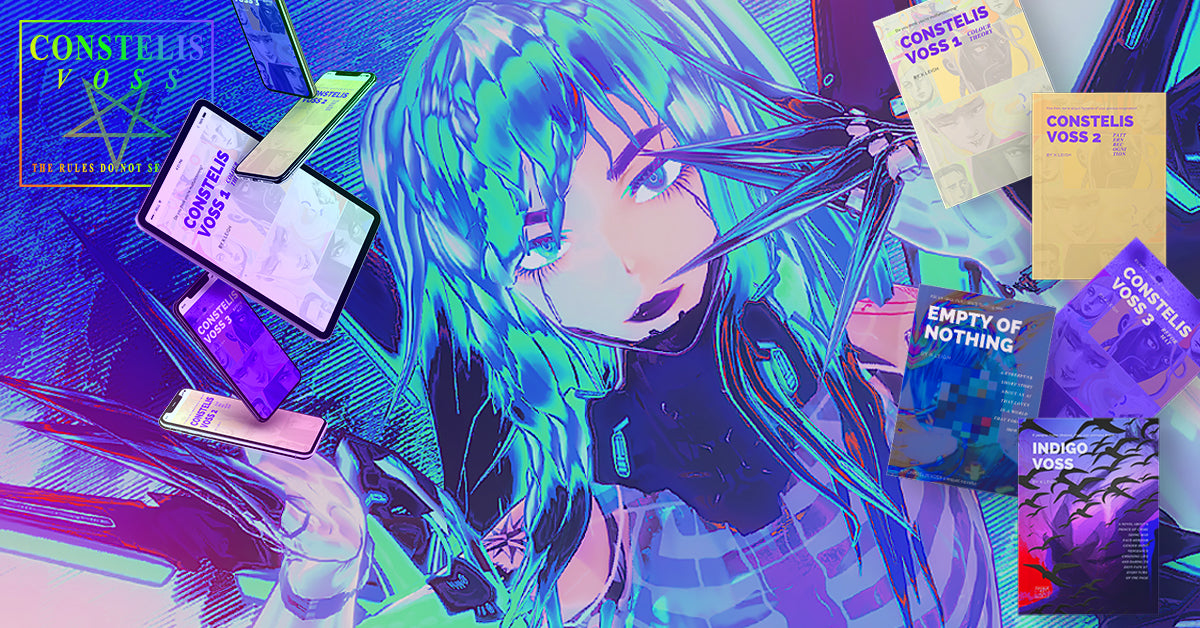
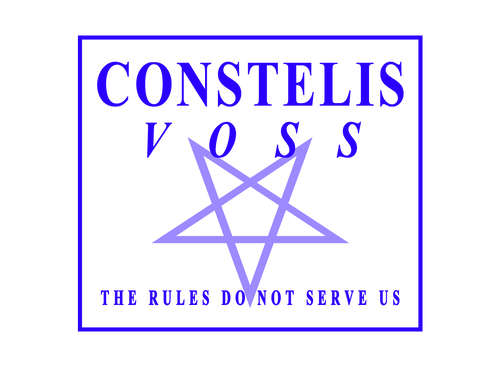
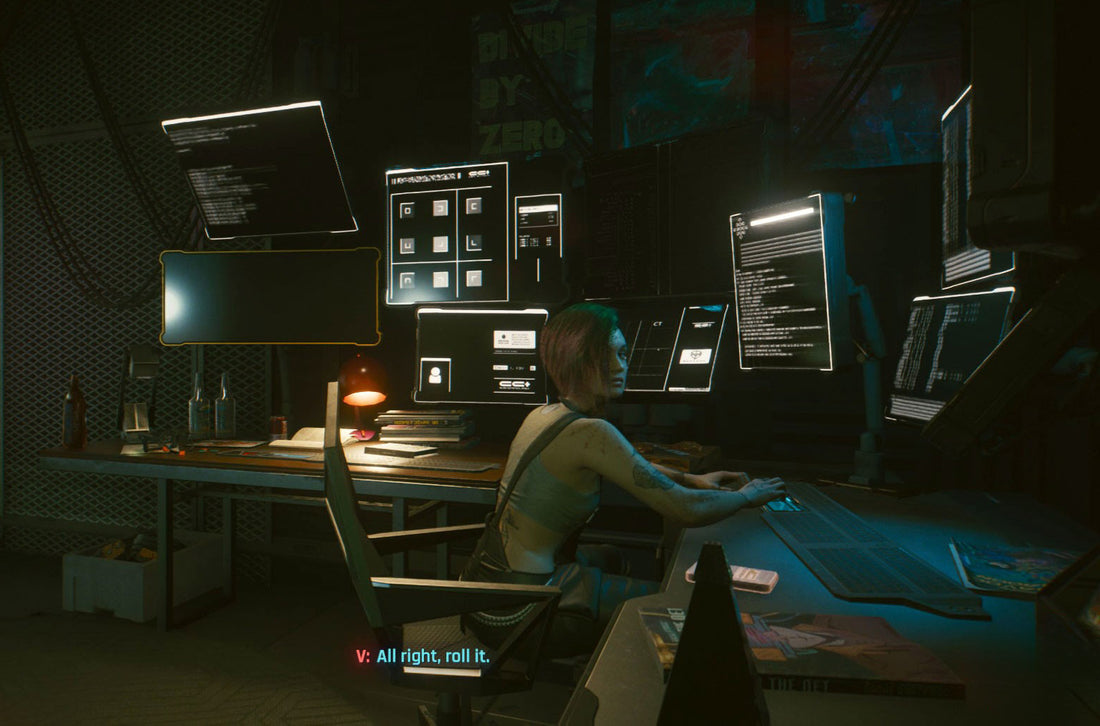


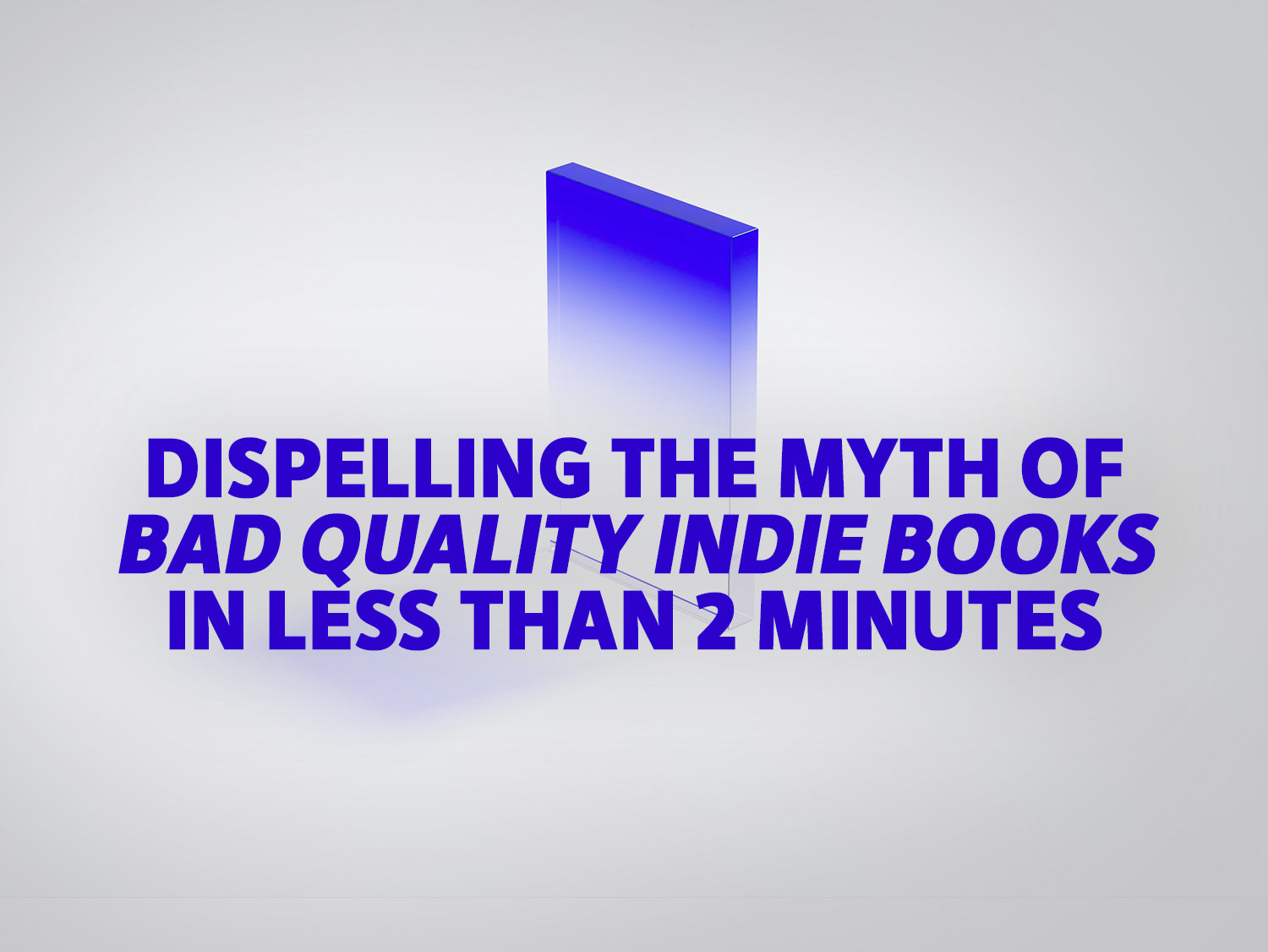
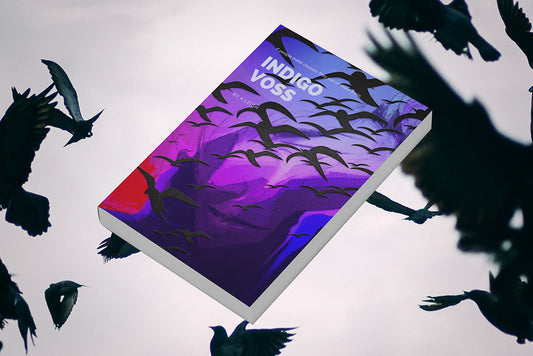

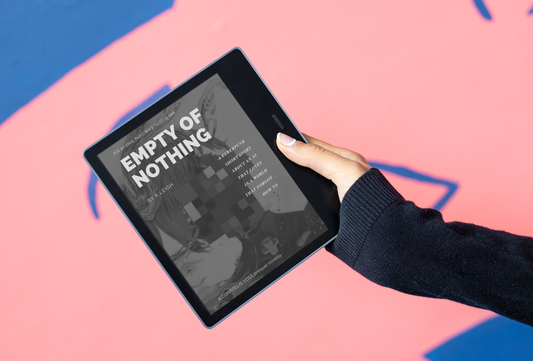
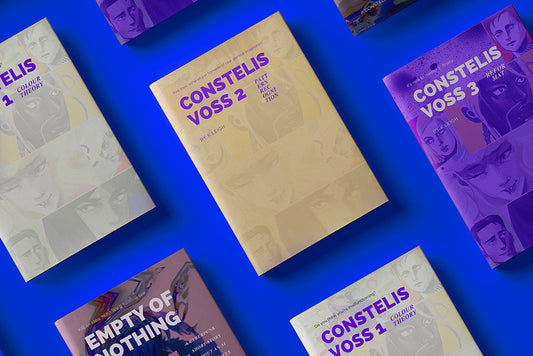
2 comments
Everything that is beautiful is destroyed by greed. The early days of Net, when the Netscape browser ruled were fun. Now it is more frustrating that fun. May we go back to APRA and have Tim Berners-Lee patent the WWW, not for profit, just so he could keep the [censored] out. Maybe go back to the Bulletin days.
Lovely, as always. No sarcasm intended.
Thank you for looking at how to solve problems.